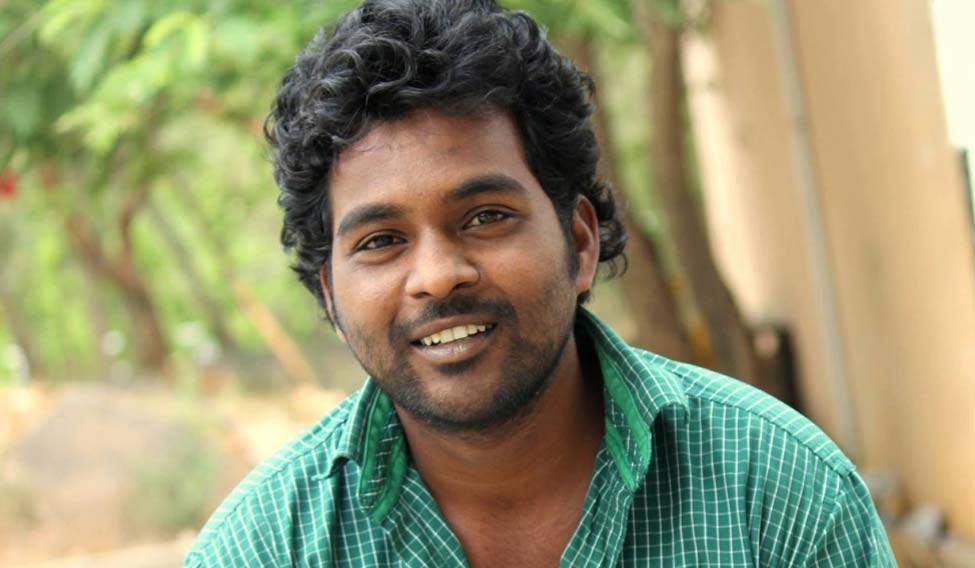Rohith Vemula, a PhD student at the Hyderabad Central University committed suicide on 17 January, 2016. Nineteen months later, to the date, on 16 August 2017, the one-man judicial commission under former Allahabad High Court judge Justice Ashok Kumar Roopanwal said, "no one killed Rohith Vemula". It goes on to say that Rohith killed himself, unable to cope with the frustrations in his personal life. The report also gave a clean chit to both Union ministers Bandaru Dattatreya and Smriti Irani and the Vice Chancellor Appa Rao Podile, saying that none of them played any role in pushing the young research scholar to take the extreme step. The cases registered against the university vice-chancellor and the Union ministers were under the Prevention of Atrocities Against SC/ST Act.
When dalit scholar Rohith Vemula committed suicide on January 17, 2016, it came as quite a shock. Rohith left behind a letter, poetic at one level and revelatory at another. Without blaming anyone for his state of mind, the undercurrents in the note pointed to a situation, where Rohith, without saying, it said that the system precipitated his action.
Now, the Ashok Kumar Roopanwal Commission report, which was made public on Tuesday, says that Rohith committed suicide because he was unhappy with worldly affairs and with his own life. That a report can make a mockery of pain and loneliness has become quite obvious.
Rohith Vemula's case took a strange turn when the officials who were in the dock for his suicide turned around and pointed fingers at the deceased Rohith and said that he was not a dalit at all. In the melee, everyone forgot that he committed suicide because he was looking for an anchor. Not being able to find it in his personal life, he was looking for it in the university campus. Unable to find peace or a solution to his problem, Rohith took his own life.
Suicides in campuses might not be a common affair, but it definitely makes everyone take notice. After all it is a loss of a young, future potential citizen. Earlier on, when yet another dalit PhD student Senthil Kumar committed suicide in 2008, the Vinod Pavarala committee report had done a thorough study and had also pointed out that there were occasions when lecturers bullied the dalit students to humiliate them and failed them to add to their misery. Apart from the fact that dalit research students would not find suitable guides, according to the report.
The Roopanwal Commission also goes on to say, “He [Rohith] was frustrated for the reasons best known to him...He also wrote that he was all alone from childhood and was an unappreciated man. This also indicates his frustration. He did not blame anybody for his suicide."
“If he would have been angry with the decision of the university, certainly either he would have written in specific words or would have indicated in this regard. But he did not do the same. It shows that the circumstances prevailing in the university at that time were not the reasons for committing the suicide,“ the report goes on to say.
The sense of injustice and a feeling of isolation came about because prior to Rohith's suicide, five Dalit students, including Rohith had been suspended. They were not allowed hostel facilities, leading them to take shelter in the market area, under the harsh glance of the public. This was also a precipitatory reason for Rohith's suicide is one theory. But the fact remains that the university does not have a proper grievance cell where a student could seek help or guidance.
But after Rohith's suicide, why was the focus on Rohith not being a Dalit. His family consisted of his brother Raja, mother Radhika and an estranged father. But the Andhra Pradesh state government spent a ton of man hours trying to prove that Rohith was not a Dalit. A suicide by a young man was reduced to a mere caste game, not serving any purpose. How did it matter what caste Rohith belonged to after his tragic death. And now Rohith has been officially stripped of his 'dalit' identity as well. The report takes a lot of trouble to explain that Rohith was not a dalit and thus acquitting the BJP of being an anti-dalit party. Incidentally Rohith got admission to HCU on merit, not on SC quota. But the university knew that he was a dalit and therefore he was 'marked.'
The issue harks back to when Dalit students formed their own group called the Ambedkar Students' Association (ASA) and which was growing in strength and force. The ABVP and the ASA got into a fight when the ABVP claimed that the ASA was being anti-national when they held a prayer meeting for Yakub Memon. This led to a one-on-one skirmish between Rohith Vemula and Nandanam Susheel Kumar and the entire episode escalated into rustication and finally the suicide. But the Roopanwal report goes on to say that Rohith was lonely and frustrated.
That Rohith, a brilliant student, was discreet till the very end and did not allow his frustrations to pour forth speaks well for him. And that the entire system decided to crush one single individual shows through with the report that has been made public. Whether there will be justice for other 'Rohiths' is only to be seen.





